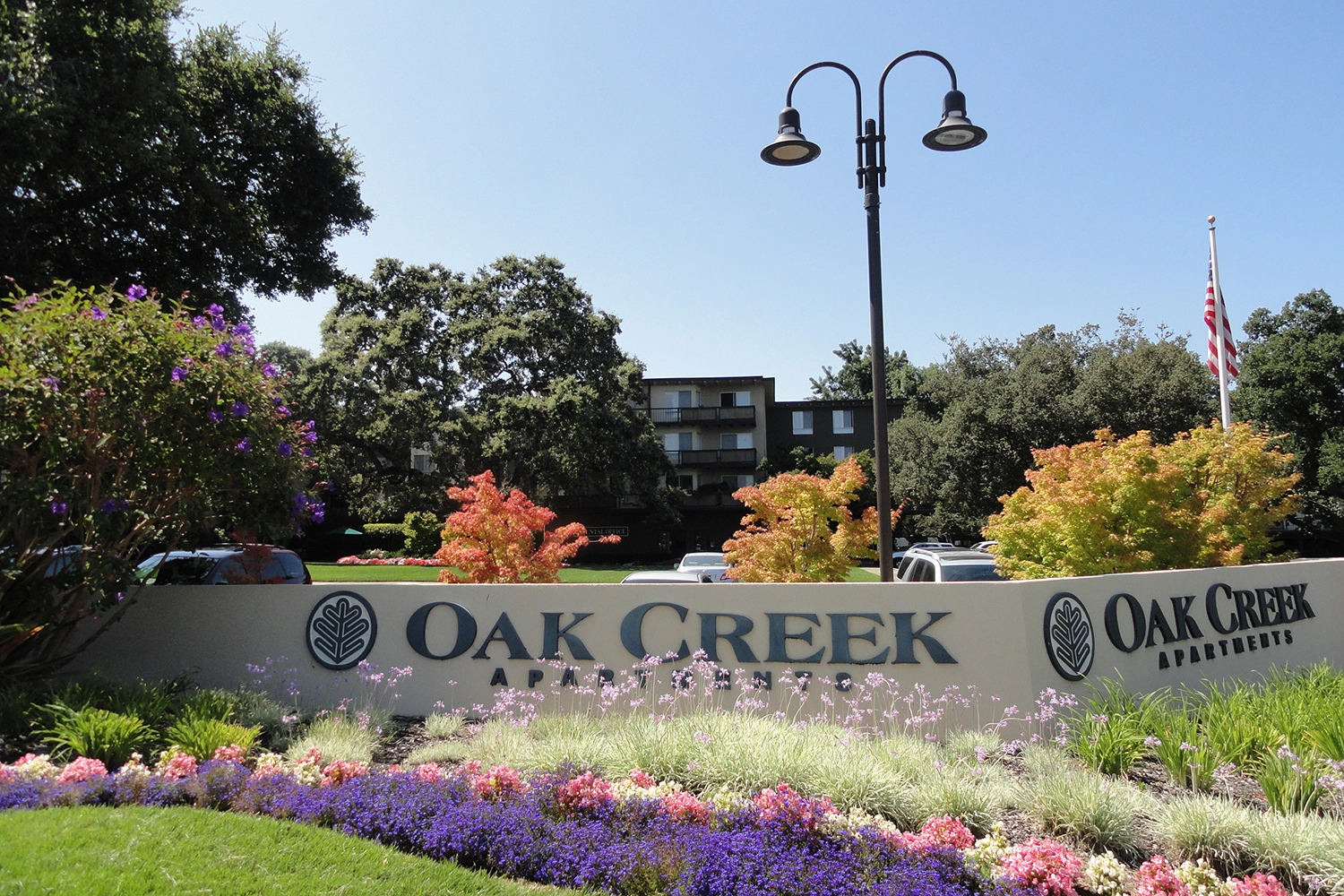Stanford acquired Oak Creek Apartments in Palo Alto to expand housing opportunities for members of the Stanford community, especially postdoctoral scholars, according to a Sept. 20 Stanford News report.
The announcement of the acquisition follows the recent drop in Stanford graduate housing available to postdocs, which left some postdocs scrambling to find off-campus housing for this fall.
A University affiliate acquired a 26-year leasehold on the apartments after the current apartment leaseholder decided to sell. The apartment complex consists of 759 housing units and is a 7-minute bike ride from Main Quad based on Google Maps.
206 of the 759 units at Oak Creek are currently master-leased by the University, according to University spokesperson Joel Berman. Postdocs will have “the highest priority on the eligibility list that will serve all available apartments” at Oak Creek moving forward, Berman wrote in a statement to The Daily. As of fall 2021, Stanford employed roughly 2,400 postdocs.
Rental rates for eligible Stanford-affiliated tenants at Oak Creek will be less than the market rate, according to the report. Stanford-affiliated tenants not currently living in master-leased units will move to the lower rates starting from their next lease renewal.
According to Berman, assignment to Oak Creek will be facilitated by a waiting list organized first by priority and then by the date the applicant was added to the list. All postdocs will have the same priority and can contact the leasing office to find out the number of available units, Berman wrote.
Current Oak Creek tenants in good standing will be allowed to renew their leases regardless of Stanford affiliation, while corporate leases are being considered for renewal based on a “thorough review of each one,” wrote Berman. Units will be offered to Stanford postdocs, faculty, staff and students as they “turn over naturally.”
Postdocs said that even with the acquisition, affordability remains a top concern. “My hope is that they’ll make it affordable,” said Chinyere Agbaegbu Iweka, a neurology and neurological sciences postdoc and co-chair of the Stanford University Postdoctoral Association (SURPAS), “so it’s not like they’re giving us access, but we can’t afford it.”
Tim MacKenzie, a genetics postdoc and former SURPAS advocacy coordinator, said that as both the employer and landlord of postdocs, Stanford can “do the calculations of how much money rent should be” to avoid rent-burdening postdocs.
Berman wrote that rental rates are “based on a calculation of the discounted market rate and a specific apartment’s amenities.”
Postdocs said that while they are glad work is being done to improve the postdoc housing situation, more changes are still needed.
Iweka said that of the 2,400 postdocs at Stanford, some may not need University housing — for example, some have partners working in tech with their own homes. Still, she said, if Stanford can expand housing opportunities for postdocs to house “at least half, if not more” of postdocs, “then that’s really what we want.”
Iweka said that SURPAS will continue to work with the Office of Postdoctoral Affairs and advocate for more affordable housing for postdocs.
MacKenzie said that having housing near services like affordable childcare for postdocs with children is also important in order to “actually make it possible to be a postdoc if you don’t come from a background of privilege or you don’t have a partner who has a very high-paying job in tech.”
Berman wrote that the University will “continue to develop solutions to address the housing needs of postdocs and all members of our community.”
The acquisition is an “overall good development,” said MacKenzie. “But I think that there’s still more work to be done.”
